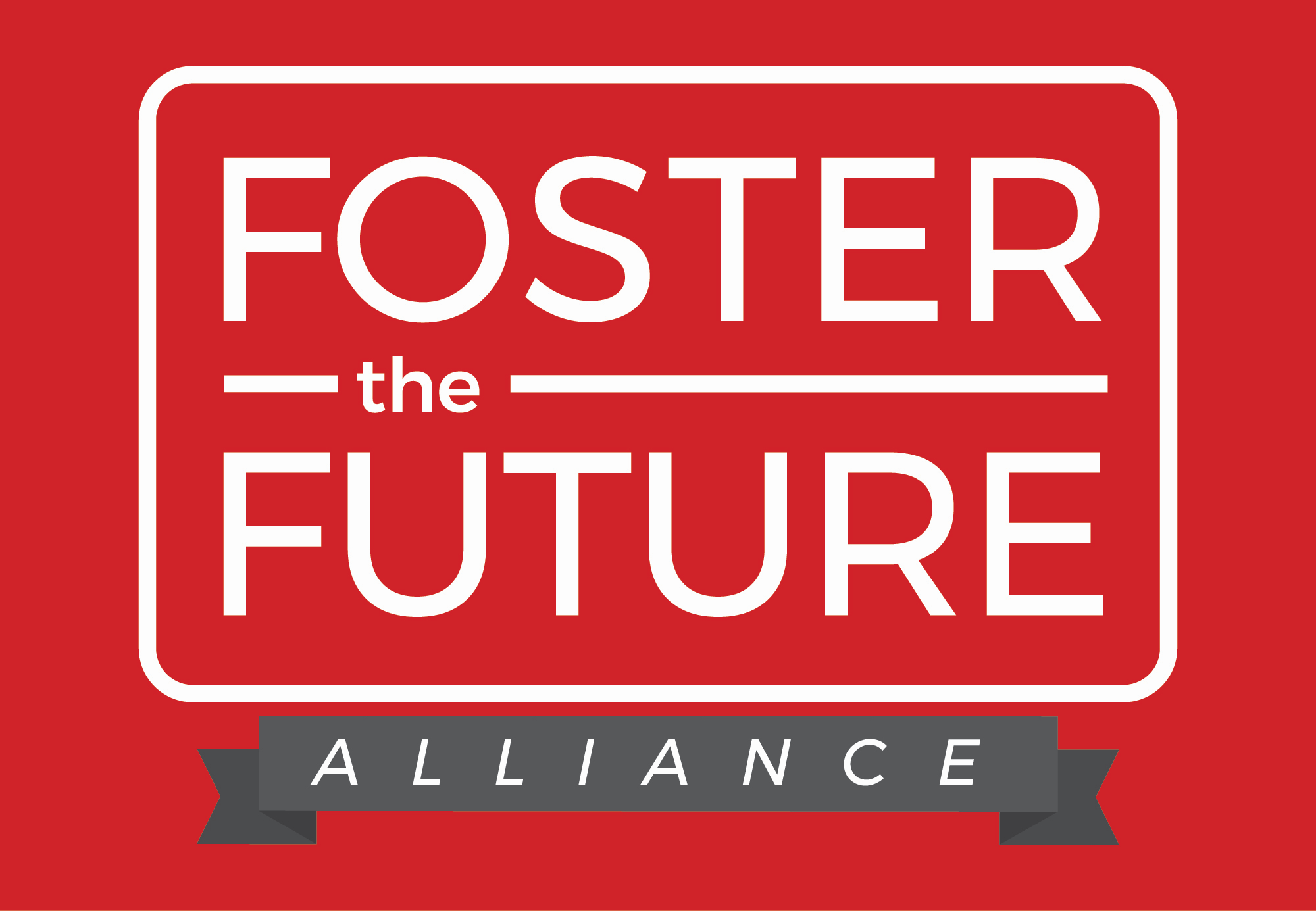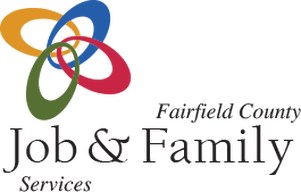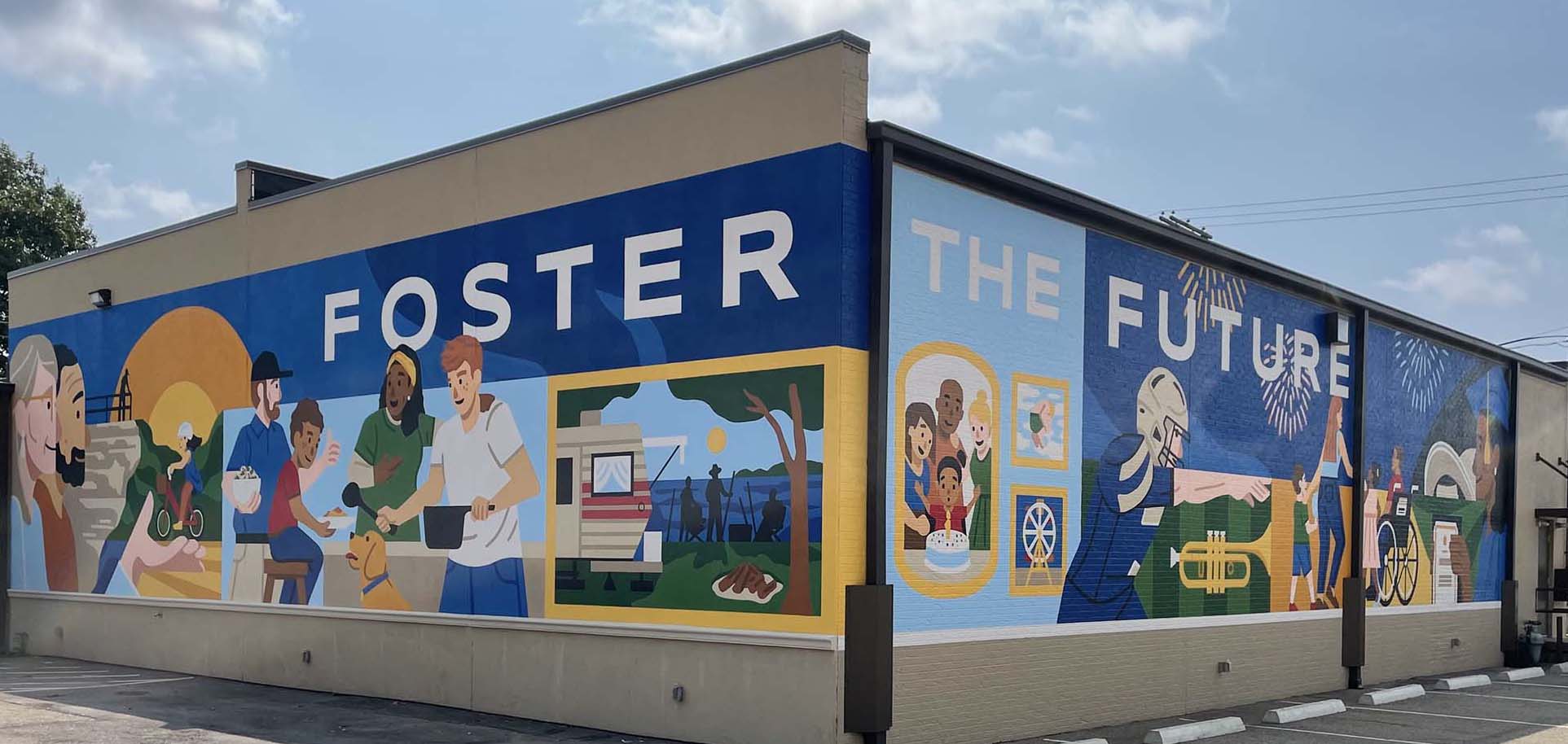Protective Services searches for potential kinship homes for every youth who comes into agency custody. Placing children with relatives, family friends, or other supports helps to maintain family bonds and community supports while helping offer stability, consistency, and reduced trauma to children.
Family members, friends, or other supports can be considered. A kinship assessment is completed for interested individuals, which includes a safety review of your home and background checks for any individuals living in the home.
Various supports are offered for families who are kinship placements for youth in agency custody. This includes medical coverage for the child(ren), childcare reimbursements, and additional assistance with educational and fiscal supports.
There are several financial assistance programs offered to kinship families, dependent on eligibility. These include Kinship Support Program (KSP), which offers limited time financial assistance after a child/children are placed with a kinship caregiver, and Kinship Guardianship Assistance Program (KGAP), which provides a monthly subsidy to kinship caregivers who take legal custody of youth who are in agency custody. Kinship caseworkers can help families better understand eligibility for these and other programs when the kinship assessment process is being completed.
Any kinship caregiver who is granted legal custody of a kin child may apply for the Kinship Permanency Incentive Program (KPIP, or KPI, depending on jurisdiction). KPI is a state program meant to help support kinship families after they have received legal custody of children. Kinship caregivers must provide income eligibility (showing the household’s income is at or below 300% of federal poverty level) and have a home assessment completed (this can be part of the application process and completed by Protective Services staff). Kinship families who are eligible can apply for up to eight payments, which are received every six months.
If you would like to know more about being kin for a youth in agency custody or if you’re a current placement needing help with kinship services, you can contact Protective Services at (740) 652-7887 and ask to speak to a member of the kinship team.
At times when children are not able to safely remain in their own home, foster families offer temporary care while Protective Services works to reunify the youths with their custodians.
Individuals must be at least 18 years old, able to provide proof of income sufficient to provide care, willing and able to provide documentation showing they are medically able to foster, and able to provide a safe, clean home where children can be placed. Individuals can be single or married, can rent or own their current home, and do not have to have parented previously.
Interested individuals will need to attend an Information Night session, where they will learn about Protective Services and the youths they serve, complete 24 hours of Preservice training, then complete a Home Assessment, which includes requirements such as interviews with all household members, background checks, and a safety audit of the home. The home assessor will review all requirements with individuals and families when the family’s application is received to foster. During the home study process, the home assessor will also discuss options with potential foster families to help understand what children will be the best fit in their home.
Every Fairfield County foster family is assigned to a licensure caseworker to provide regular support and assistance. This can include case management and individual needs based on the children placed in the home. Foster families receive a daily per diem (dependent on the age and needs of the children placed in their home) as well as additional supports such as childcare reimbursement and mileage (for homes licensed as family foster homes). Children in agency custody also receive managed care Medicaid services for medical coverage. After a home is licensed, caseworkers help families maintain all requirements of their license (including trainings, rule compliance, and recertifications).
If you’re interested in being a foster parent, either for a traditional family foster home or as part of the Foster the Future Alliance, you can contact Protective Services at (740) 652-7887 and ask to speak to a member of the foster care team.
Fairfield County Protective Services recruits adoptive families for all youth in the agency’s permanent custody. Being approved as an adoptive home offers an opportunity to provide permanency to children who need a family.
The requirements to be approved as an adoptive parent is very similar to the foster care licensure requirements. As such, Fairfield County chooses to both license and approve applicants for both foster care and adoption. The agency only approves adoption-only homes in specific situations where there is an identified need for a known kin family or current placement is seeking to provide permanency to a youth.
Children of all ages and need levels are in the permanent custody of Fairfield County, but the agency is more likely to be searching for adoptive homes for teenagers, siblings, and youths with special needs (which can include mental or behavioral health needs, or developmental delays. Based on state definitions, criteria such as age, minority status, or being part of a sibling group also counts as a special need for adoption. The agency actively works to recruit forever families for every youth in permanent custody.
Adoptive homes, similar to foster, are linked with an agency licensure caseworker who can provide needed support and assistance. The caseworker will also help represent the family throughout the steps of the adoption process.
If you would like to know more about adopting, you can contact Protective Services at (740) 652-7887 and ask to speak to a member of the licensure team.

FOSTER THE FUTURE ALLIANCE
The Foster the Future Alliance is a pilot collaboration between Fairfield County Protective Services and South Central Job & Family Services (Ross, Vinton, and Hocking County) to license treatment foster homes in their four counties and surrounding areas. Treatment foster homes provide a higher level of care for more challenging placements. County agencies have not licensed treatment homes in the past, but the Foster the Future Alliance pilot will provide an opportunity to keep youth in their home communities and able to receive the level of care they need from foster caregivers who receive additional training and supports.
Contact Fairfield County JFS Protective Services to connect with a member of the licensure team.

